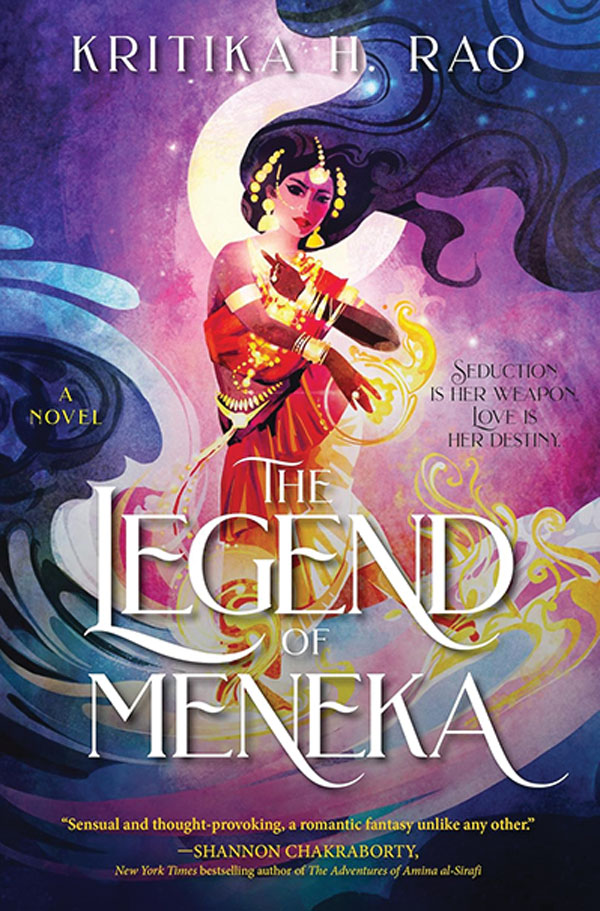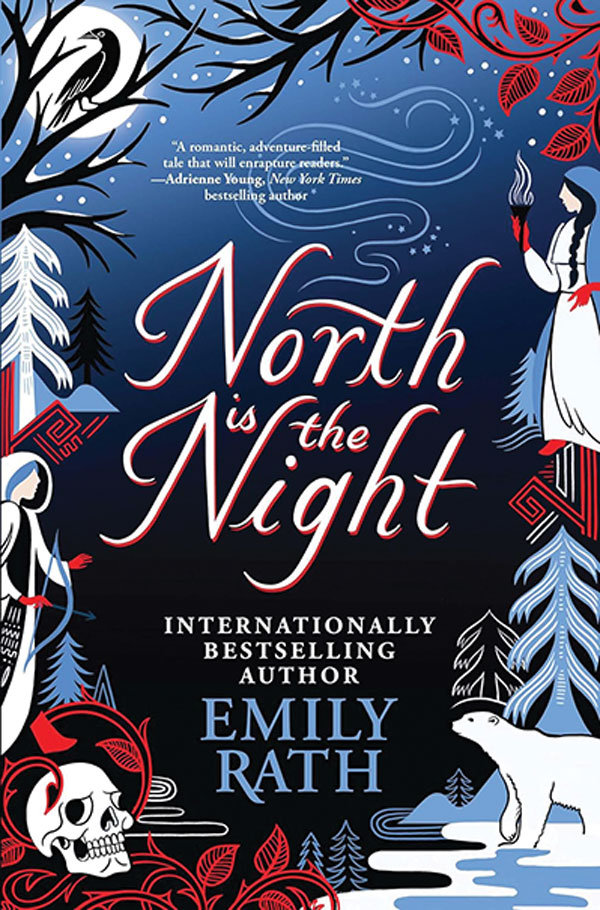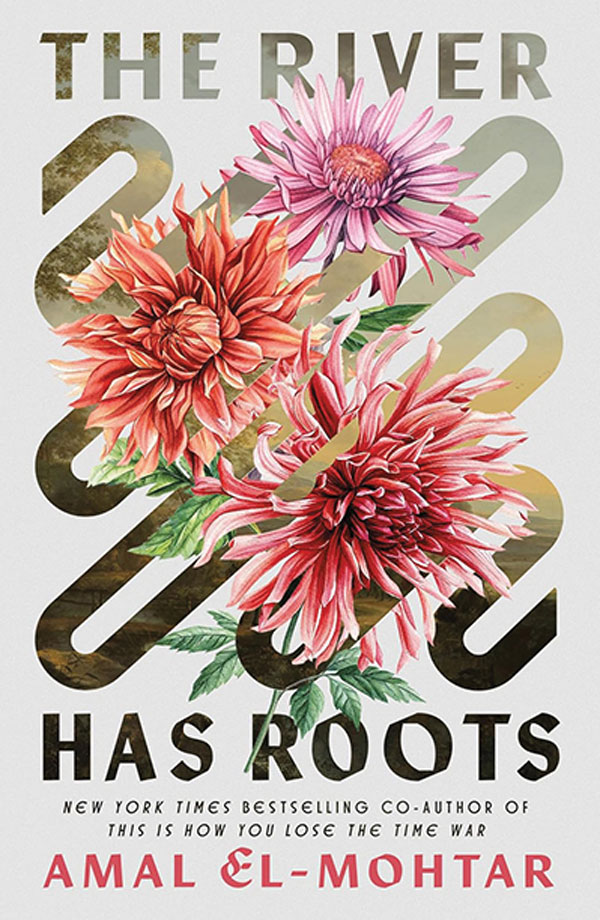Certain mythological figures get all the attention (looking at you, various gods of thunder), but The Hymn to Dionysus by Natasha Pulley (Bloomsbury, Mar. 2025) illuminates what the author calls “a much-neglected god.” Though there’s reference to offerings of honey left to Dionysus 1,000 years before mentions of other Greek gods, she says, he’s often forgotten or misunderstood.
“Dionysus is the god of stuff we don’t really understand anymore,” says Pulley, who learned ancient Greek to read the original Homeric hymn that lends its name to her book’s title. “He’s remembered now as the god of good times and wine,” she says, but people tend to skip over madness’s inclusion within his purview.
Kritika H. Rao’s The Legend of Meneka (Harper Voyager, Jan. 2025) is inspired by a 5,000-year-old tale that follows the human sage Kaushika and Meneka, the celestial nymph who seduces him. “He was credited with creating one of Hinduism’s most important mantras,” Rao says, “but you never hear her story.” Like the authors of other books below, Rao gives a traditionally sidelined character her time to shine.
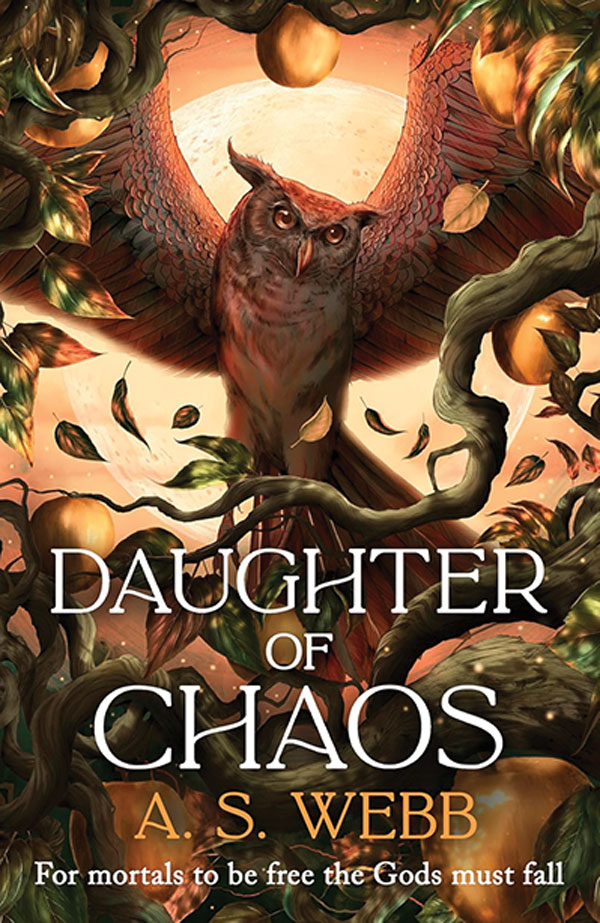
Daughter of Chaos
Actor and playwright Webb’s debut novel, the first in a trilogy, pits humankind against the mercurial, brutal gods of Mt. Olympus. Danae, a fisherman’s daughter, is cast from her village when she develops strange powers and finds a home among a coven of devotees who’ve been waiting for her prophesied arrival. With Heracles—son of a mortal woman and the king of the gods—by her side, she battles supernatural monsters as she seeks the truth about who she really is.
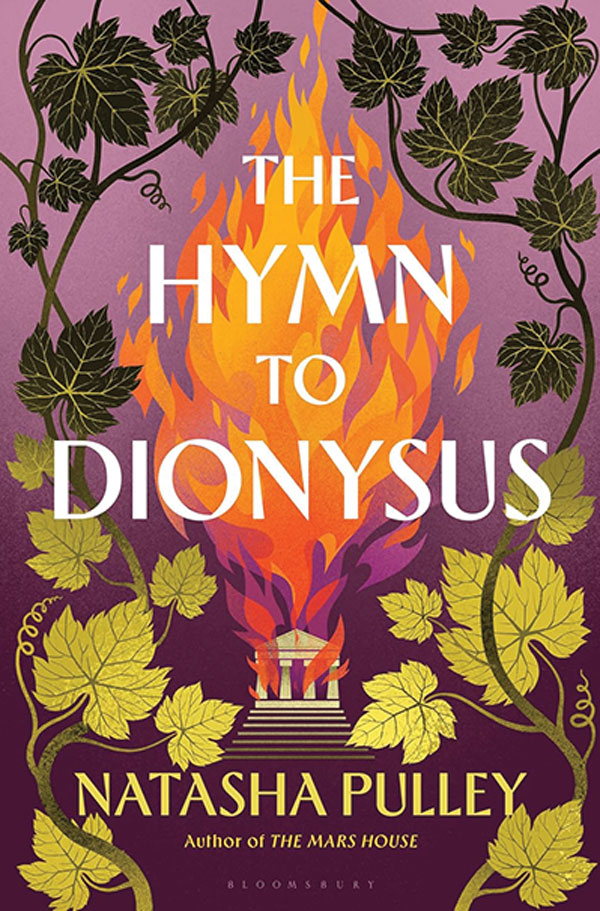
The Hymn to Dionysus
Phaidros has been a faithful and obedient soldier of Greece, but he struggles to understand his orders after rescuing a baby from the flames of Thebes’s palace: abandon the boy at a temple and keep quiet about his existence. After the death of most of his battalion, he wrestles with flashbacks and panic attacks, and many of his fellow soldiers are suffering, too. Charged with finding the child—now grown and a runaway crown prince—he joins forces with the witch Dionysus, who seems the single sane thing in a world gone mad.
The Legend of Meneka
Celestial dancer Meneka is more than a performer: she’s a weapon. Tasked by the king of heaven, Lord Indra, with seducing the human sage Kaushika, she cunningly strikes a deal: she will deliver this man in exchange for her freedom. In this “spellbinding romantasy,” per PW’s starred review, “the fascinating magic system draws deeply from the Hindu pantheon while the gripping plot never lets up on the treachery, betrayal, and steamy scenes between Meneka and Kaushika.”
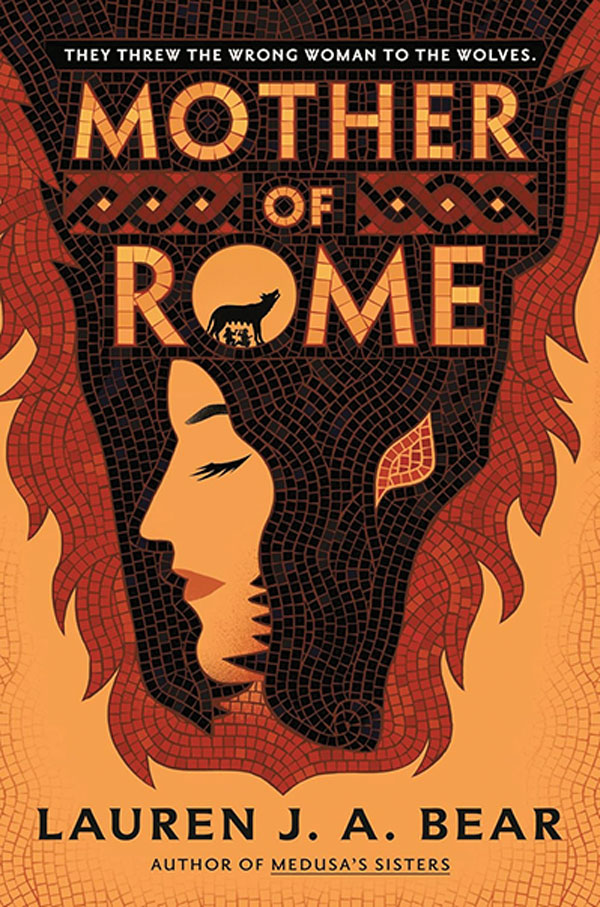
Mother of Rome
Condemned to death by a jealous king and abandoned on the bank of the river Tiber, twins Romulus and Remus are well known for being suckled by a wolf—but they had a human mother first. Betrayed by her father’s enemies, Rhea is sent to the temple of the Vestal Virgins to ensure she never bears an heir. When her pregnancy is revealed, society’s judgment and punishment are swift. But she’s determined to fight for herself, and for her sons.
North Is the Night
Inspired by Finnish folklore, this first volume in a planned duology follows Aina and Siiri, whose land is threatened by Swedes pushing northward and priests preaching a new god to replace the old ones. Worse, young women are disappearing, never to be heard from again. When a death goddess kidnaps Aina down to Tuonela, the underworld, Siiri is the only one who can save her. “Though the tone is bleak,” PW’s review said, “the robust worldbuilding and juicy conflict will draw readers in, and the love between the courageous heroines adds some necessary heart.”
The River Has Roots
Thistleford sits on the border between the human world and Faerie. Historically, this has been a boon for humankind; the townspeople have enjoyed years of prosperity and joy. Two sisters are heirs to the town’s leadership, and when one falls head over heels for a lover beyond the border, the siblings must reckon with the consequences in this retelling of the 17th-century murder ballad “The Two Sisters,” also known as “The Cruel Sister.”
more
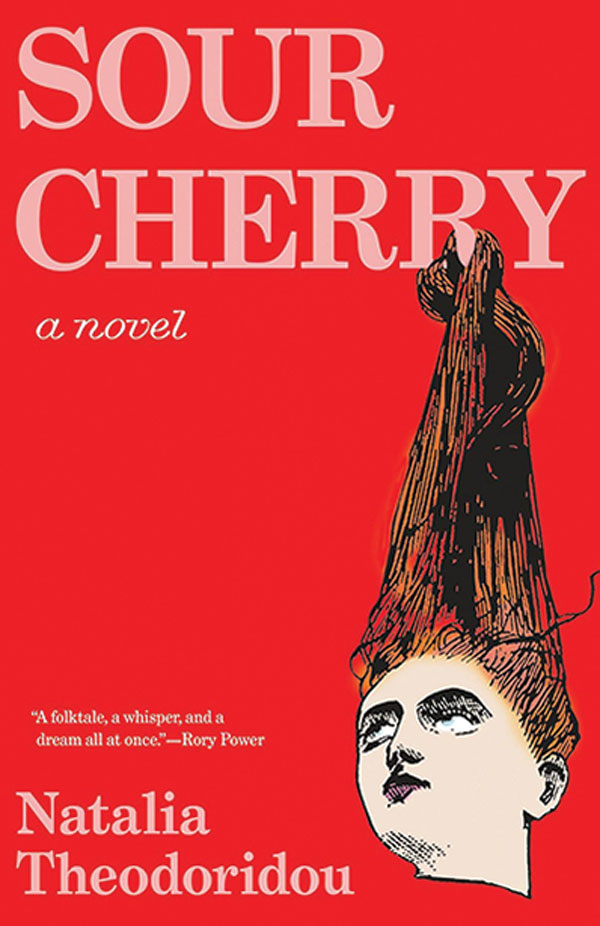
Sour Cherry
Theodoridou reimagines the Bluebeard folktale, sending bereaved mother Agnes to the manor house to nurse a new baby boy. Something is not right with the youngster, who seems other than human. As he grows into a man and takes the first of many wives, pain and death follow. The women he encounters become ghosts, and those ghosts form a chorus who reveal a powerful man and the ruin he visits on the women who love him.



 Volume 271
Issue 39
10/14/2024
Volume 271
Issue 39
10/14/2024
